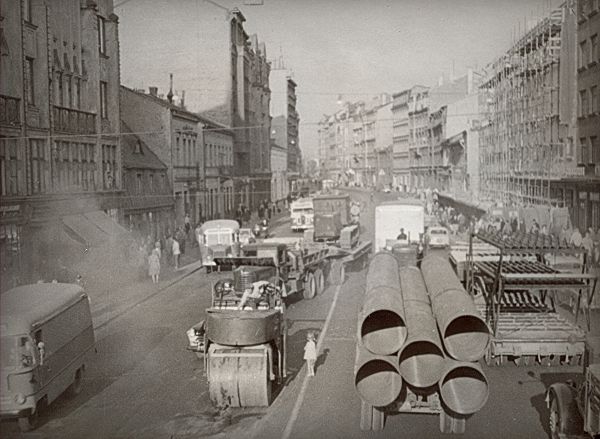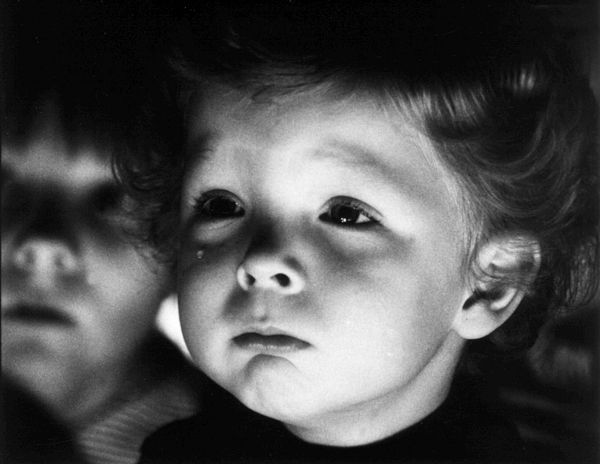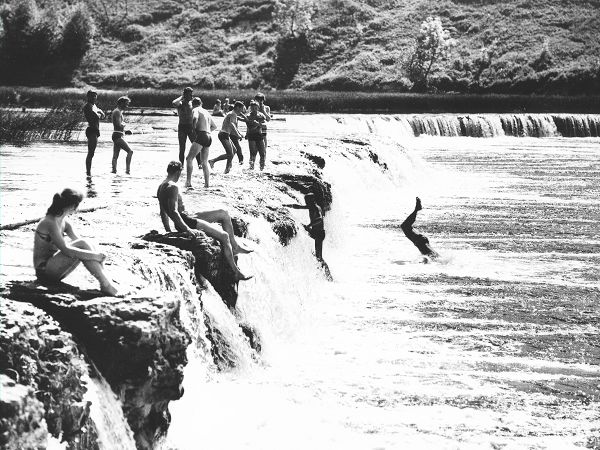Latvian documentary cinema, like the documentary cinema of many other countries at the time, experienced a revival with the appearance of new movements in filmmaking in the 1960s. In the Soviet Union, in the atmosphere of Khrushchev’s Thaw, a new generation of filmmakers made their way to the Riga Film Studio. Among them were the first post-war, national film professionals – graduates of the All-Union State Institute of Cinematography. A number of their films from this period present a view of the documentary world that stands in contrast to their predecessors. These films share a certain sensibility toward the narrative and the choice of topic; they rely more on the image itself (experimenting with widescreen format, editing, unusual combinations of sound and image), and the use of voice-over commentary is sometimes discarded, or is written with a more personal, humorous or poetic tone.
The term “Riga style” was attributed to such films in the early 1960s, but more often the name, “Riga School of Poetic Documentary Cinema” was used to describe the nature of these works. The films were made by a number of like-minded filmmakers, who found and collaborated with their creative partners on several films. Cameraman and director, Uldis Brauns (1932-2017), was one of the main personalities of the Riga style, and his trilogy on building sites and workers (made between 1961 and 1963) demonstrated a particular interest in frame composition and editing. He made all three of these films with scriptwriter Armīns Lejiņš (1938-2015), who was an important driving force behind many film ideas. Brauns’ most ambitious work during this decade was the film, 235 000 000 (1967), made across the Soviet Union with four film crews. This full-length film has no dialogue. The film’s scriptwriter, Hercs Franks (1926-2013), continued the poetic tradition in later decades in his own films and in his theoretical work. The director and scriptwriter, Aivars Freimanis, and cameraman Ivars Seleckis, shared a great, creative partnership that lasted several years. Together they made the films, The Coast (1963), Year in Review (1965), The Catch (1969), as well as others that form the core of this tradition.
The Riga School programme at 14th Verzio serves as an introduction to this creatively rich decade in Latvian documentary film, whose influence still resounds in national documentary filmmaking.
Zane Balčus
Director of LAC Riga Film Museum, Program Curator
Peitavas iela10, Riga, LV-1050, Latvia
Ph. +371 67358873
E-m.: kinomuzejs@kinomuzejs.lv
www.kinomuzejs.lv



